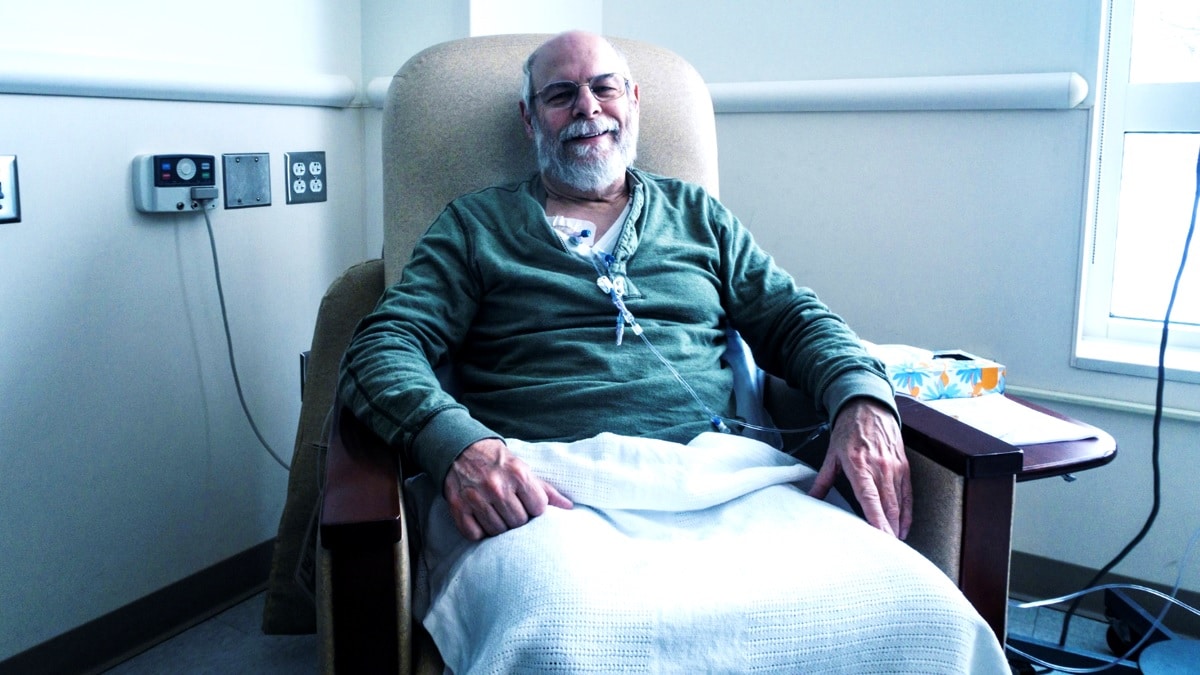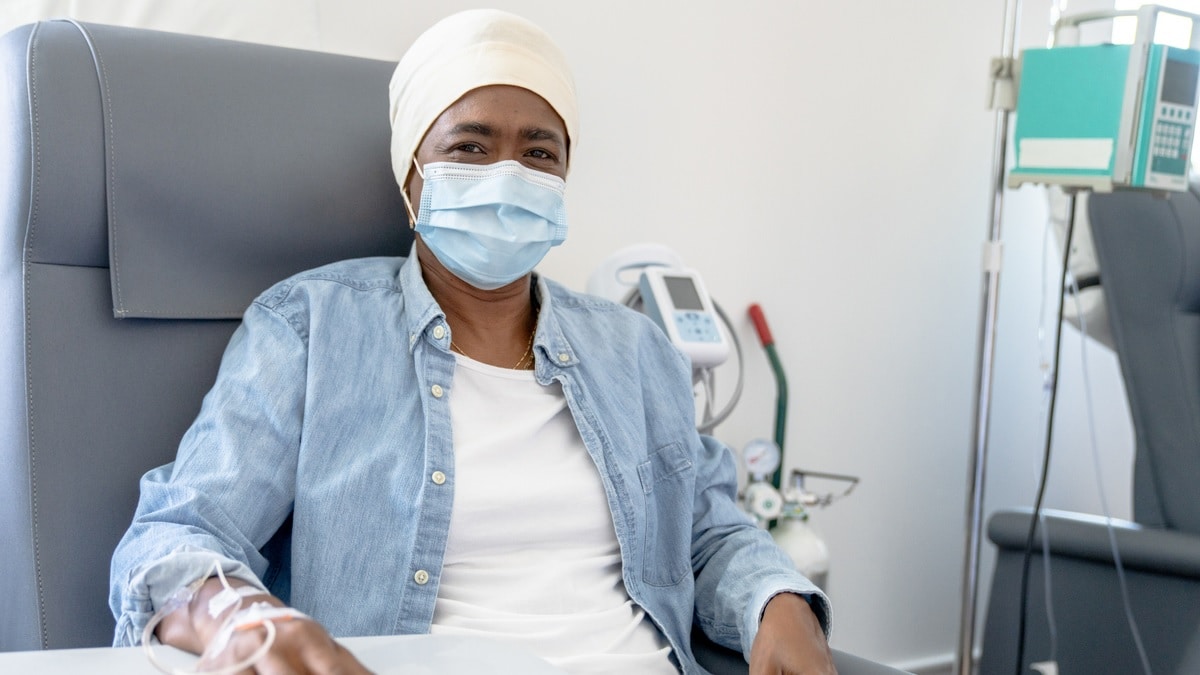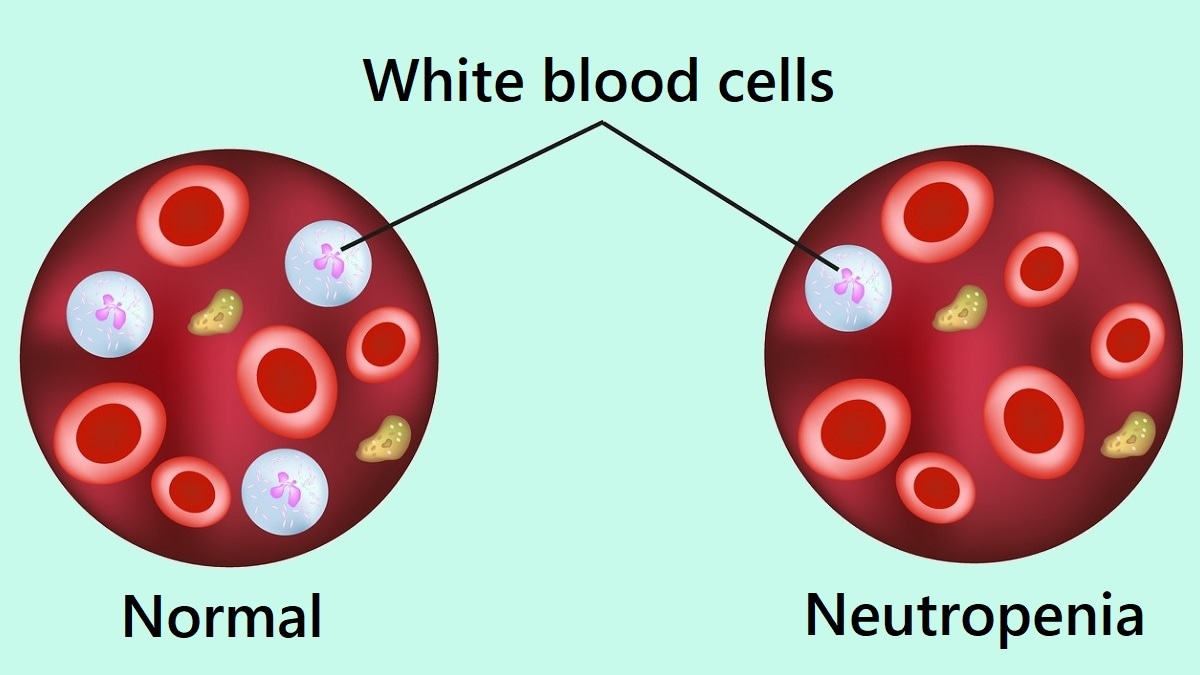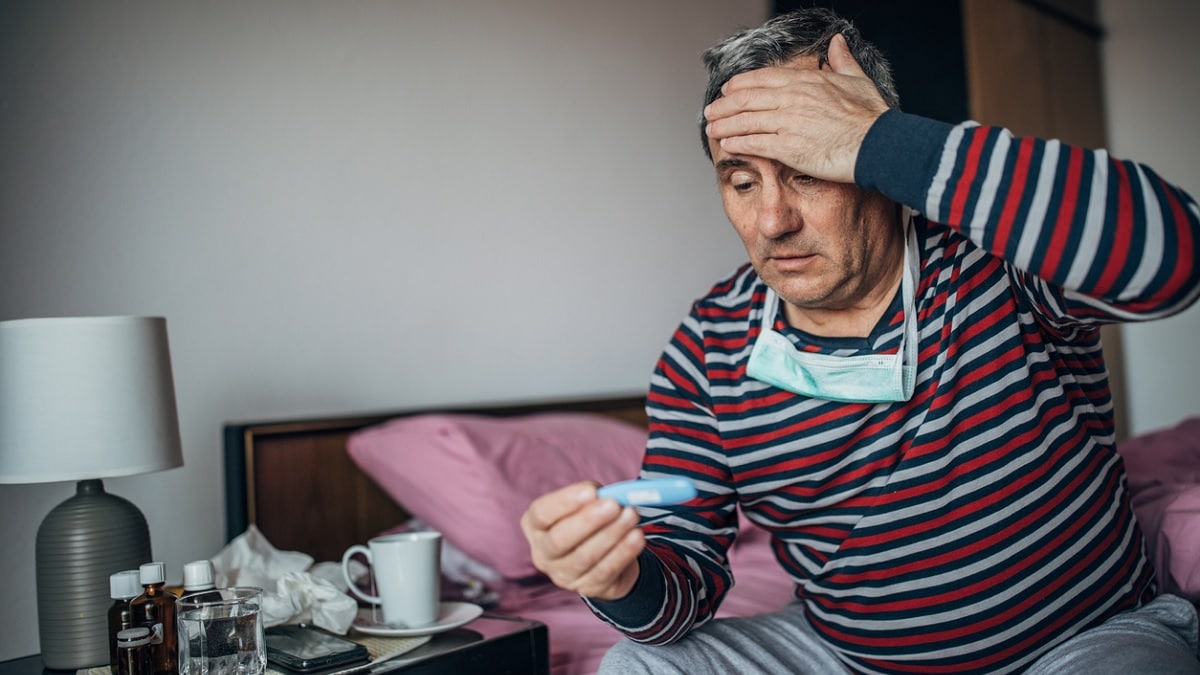What to know

Overview
Chemotherapy works by stopping or slowing the growth of cancer cells, which grow and divide quickly. Chemotherapy kills fast-growing cancer cells. Chemotherapy also can damage your immune system by reducing your number of infection-fighting white blood cells. This makes it harder for your body to fight infections.
An infection can also lead to sepsis, the body’s extreme response to an infection. Sepsis happens when an infection you already have triggers a chain reaction throughout your body. It is a life-threatening medical emergency. If you or your loved one has an infection that’s not getting better or is getting worse, act fast.
Having cancer or having a history of cancer can make you more likely to get very sick from respiratory illnesses. Cancer and treatments for many types of cancer can weaken your body’s ability to fight off disease. Having a history of cancer may increase your risk.
What is an infection?
You get an infection when germs enter your body and multiply, causing illness, organ and tissue damage, or disease. Bacteria and viruses cause infections.
- You can get bacteria from the air, water, soil, or food during the course of your medical treatment. Most bacteria come from your own body. Common bacterial infections include pneumonia, urinary tract infections, and ear infections.
- Viruses are passed from one person to another. Common viral infections include the common cold, herpes, and the flu.
Why does chemotherapy raise my risk of infections?
1. Chemotherapy

2. Neutropenia

3. Infection

What should I do if I think I have an infection?
Call your doctor right away, even if this happens in the middle of the night. This is considered an emergency. Don’t wait until morning. Always keep your doctor’s phone numbers with you. Make sure you know which number to call during your doctor’s office hours, as well as after hours.
What can I do to protect myself from an infection?
- Watch out for fever. Take your temperature any time you feel warm, flushed, chilled, or not well. Call your doctor right away if you have a temperature of 100.4ºF (38ºC) or higher.
- Clean your hands. Many diseases are spread by not cleaning your hands, which is especially dangerous when you’re getting chemotherapy treatment. Wash your hands often.
- Know the signs and symptoms of infection. Infection during chemotherapy can lead to hospitalization or death. Call your doctor right away if you notice any of the signs and symptoms of an infection.
- Talk to your doctor about neutropenia. Your doctor or nurse will let you know exactly when your white blood cell count is likely to be at its lowest. You should carefully watch for signs and symptoms of infection during this time.
